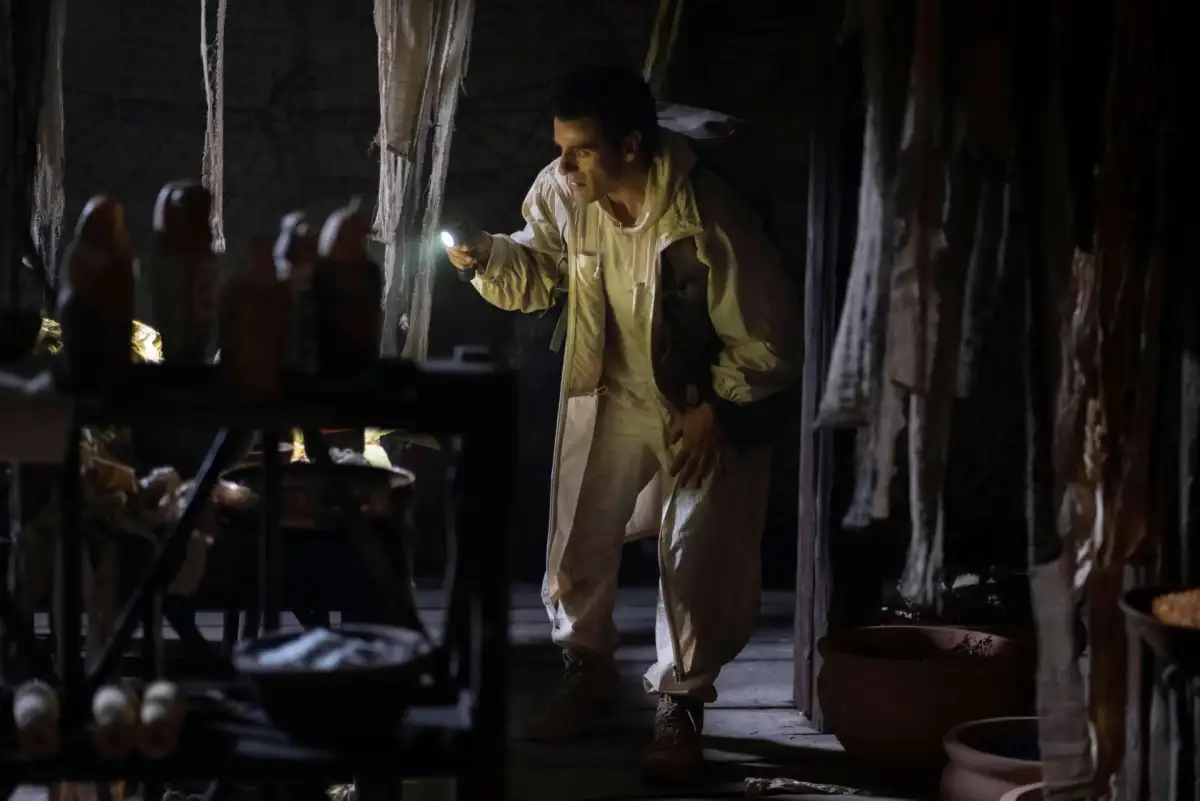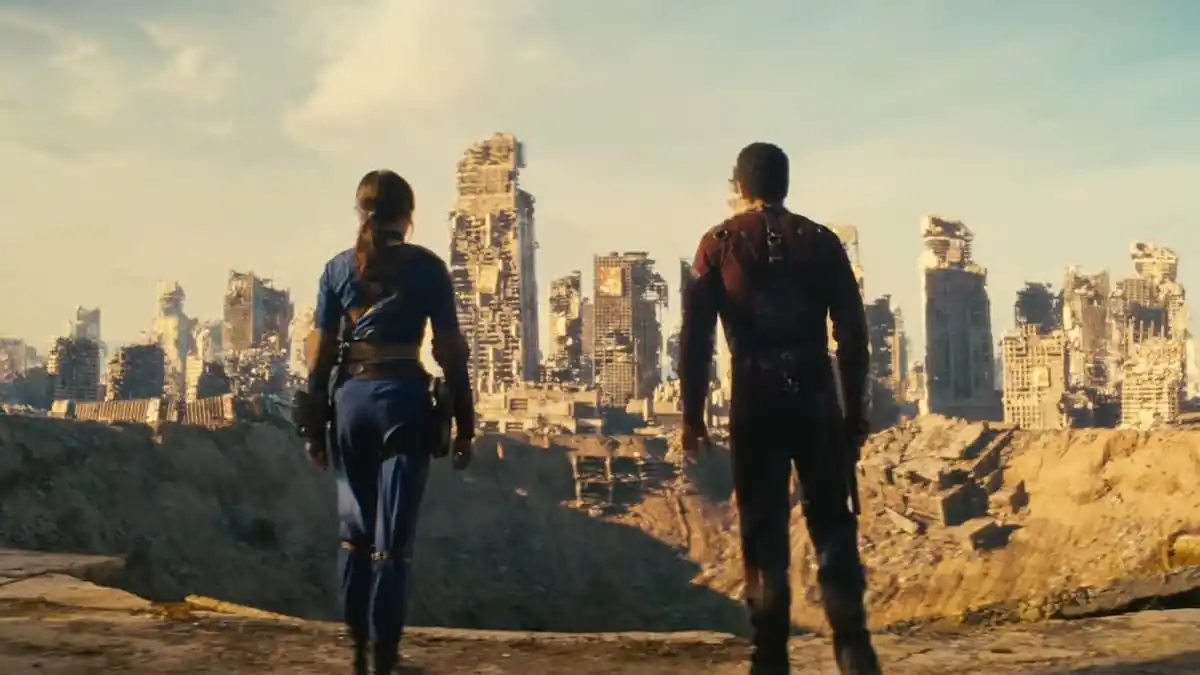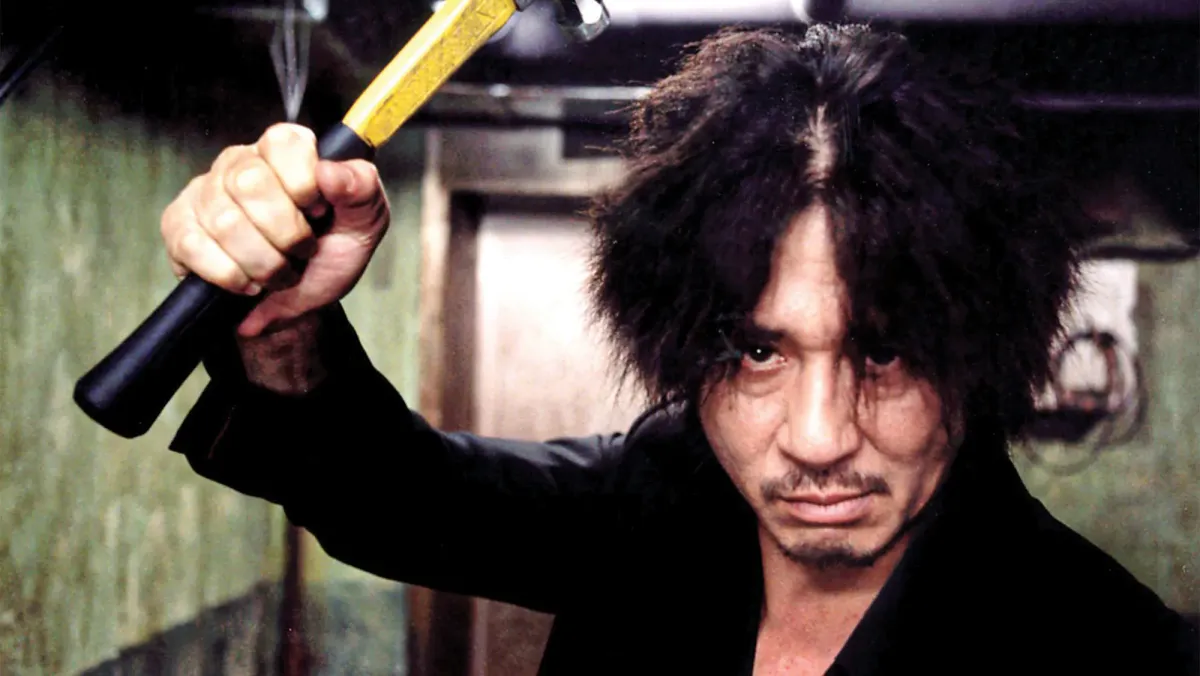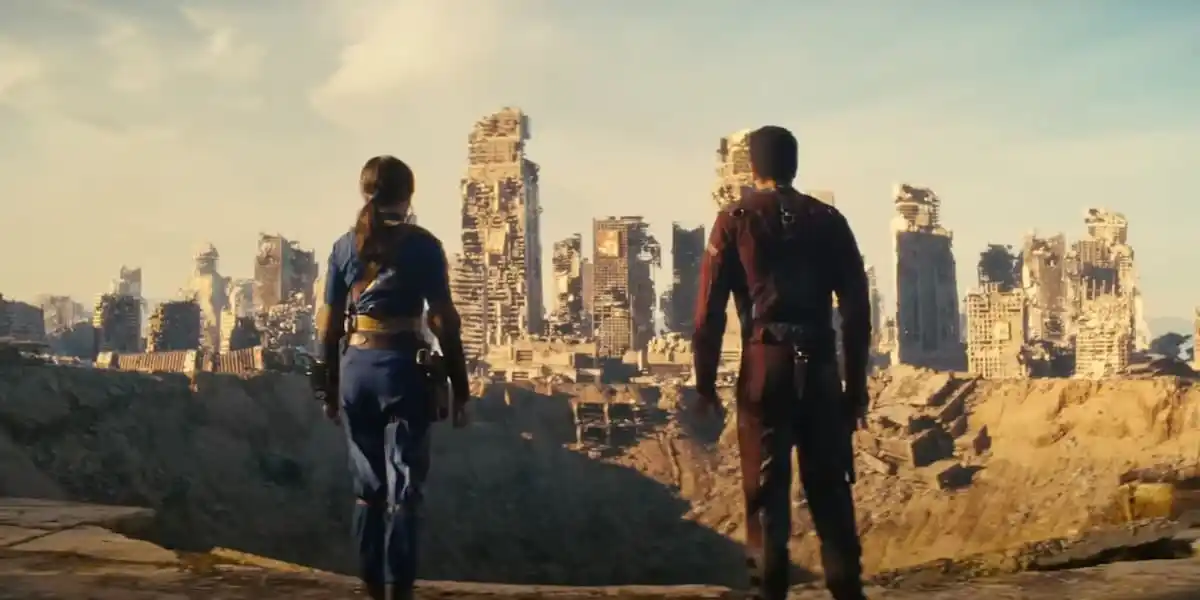This discussion and review contains some spoilers for Moon Knight episode 4, “The Tomb,” on Disney+.
One of the great things about superhero fiction is the tendency to frame fairly universal aspects of the human experience in operatic terms.
To Spider-Man co-creator Stan Lee, a large part of the appeal of the web-slinging wonder was that audiences could look past the superpowers and the colorful villains and say, “Gee, yeah, that happened to me. I know how he feels.” Superheroes take recognizable human feelings and then expand them out to the point that they become mythology. Anybody who has ever lost their temper can empathize with the Hulk, even if they never turned into a giant green rage monster.
In its best moments, Moon Knight finds something similar at the heart of its central character. From the outset, Moon Knight has been a show about archaeology. In “The Goldfish Problem,” Steven Grant (Oscar Isaac) was introduced working at the British Museum. When he discovered that he shared a body with Marc Spector (also Isaac), Grant found that Spector was also trading in rare antiquities. At the end of “Summon the Suit,” Grant wakes up in Cairo.
The production team has talked a lot about taking its cues from films like Raiders of the Lost Ark, while reviews have also pointed to Stephen Sommers’ The Mummy as a clear point of reference. Director Mohamed Diab has talked about the challenge in drawing from these influences, particularly in the context of fetishizing places like Egypt as exotic and foreign. In the context of Moon Knight, Diab has talked about trying to keep his portrayal of Egypt “as authentic as possible.”
With this in mind, one of the more interesting aspects of Moon Knight is the way in which it has largely pushed the property’s ties to archaeology into the realm of metaphor. The show uses the visual language of movies like Raiders of the Lost Ark — most directly here with the “Tomb Buster” video knock-off — but in service of a central theme. Moon Knight is a show about archaeology, but it is primarily interested in the archaeology of one’s own self.

In both “The Goldfish Problem” and “The Friendly Type,” one of the big dramatic conceits was the idea of Steven and Marc suddenly waking up in a strange situation with no idea of how they got there. It’s an effective dramatic hook, recalling something like Christopher Nolan’s Memento or even Jason Aaron’s “Stay Angry” arc on The Incredible Hulk. In each case, a character is thrown into a situation at the deep end and has to reverse-engineer an understanding of what is happening.
The result is that Steven and Marc frequently have to investigate themselves, to read the situation and context around them in the hopes of figuring out what exactly brought them to this point. It’s a clever metaphor, with the show’s emphasis on antiquity essentially externalizing Steven and Marc’s attempts to dig deeper into themselves in the hope of discovering some buried truth about who they are and what they are doing.
After all, Moon Knight has made a point to emphasize that the characters involved are a mystery to one another. “It’s like I do not know you at all,” Layla (May Calamawy) complained of her ex-husband in “The Friendly Type.” In that same episode, there was some indication that Marc and Steven may not be the only personalities inhabiting the body. “I swear that wasn’t me,” Steven protested at a key moment. Marc responded, “Then who was it?” The question remains unanswered.
“The Tomb” reinforces the theme, underscoring just how little Layla knows about her ex-husband, as well as the extent to which this adventure is one of interpersonal discovery. Arthur Harrow (Ethan Hawke) reveals to Layla that Marc was present at the moment of her father’s death, something that fundamentally alters Layla’s understanding of the man that she loved and recontextualizes her entire relationship to him. It isn’t just the tomb that has monsters lurking in the shadows.

Indeed, there is something intriguing in the way that “The Tomb” draws attention to the lacuna at the heart of Steven/Marc’s journey. Moon Knight is the first Disney+ Marvel show that isn’t tied to an existing hero, and the production team has argued that the show will be relatively self-contained. So it is interesting that the show has avoided depicting the character’s origin story. In “The Tomb,” Marc tells that origin story, but the episode declines to show it to the audience.
“I didn’t die that night, but I should have,” Marc confesses. However, the trauma is never shown on screen. There is an argument that perhaps superhero origins are overplayed and overfamiliar, but Moon Knight feels distinct enough to justify showing an origin if the production team chose to do so. Instead, Moon Knight deliberately leaves that point of origin as a lacuna. It is a mystery. It is, two-thirds of the way through the season, fundamentally unknowable and worthy of exploration.
In some ways, the journey of self-discovery is the most important exploration facing any person. Early on, Steven talks about uncovering Marc’s skills by digging into himself. “It’s the same body, isn’t it?” he asks. “It’s in there somewhere. Muscle memory and that.” A key plot point hinges on the discovery that the tomb belongs to Alexander the Great. In particular, the revelation derives from an understanding of Alexander’s identity: He considered himself Egyptian, not Greek or Macedonian.
“The Tomb” finds the show leaning hard into the archaeology imagery, as Marc/Steven and Layla adventure out into the desert and into the tomb. The episode consciously parallels the experiences of Steven in “The Goldfish Problem” and Marc in “The Friendly Type,” repeatedly suggesting that the characters have arrived at this site in the wake of something monstrous and terrible, trying to extrapolate backwards from clues like the wet blood on the altar.

This is all big mythic and abstract stuff, and it represents a refreshing engagement with both the show’s core themes and the language of superhero stories. These are, after all, stories about abstractions and metaphors. As Harrow explains to Marc within the psychiatric delusion towards the end of the episode, “Marc, we don’t live in a material world. We live in a psychic world. We’re only able to make indirect inferences about the nature of reality.”
As their core, superheroes are stories, and stories are prisms through which the audience are invited to filter their understanding of the world. They are a way of making sense of a complicated and chaotic existence. Moon Knight is a story about a character with a fragile grasp on reality, and this allows the show to lean into the audience’s understanding that the world these characters inhabit has been entirely constructed. Everything exists in service of what the story is about.
Of course, there are limits to how far Moon Knight will go. There is a nice transition late in “The Tomb” from the archaeological setting to a psychiatric institution, inviting the audiences and characters to directly question the nature of their reality. However, the switch happens frustratingly late in the story. It might have been more compelling for Moon Knight to begin, like Noah Hawley’s Legion or Jeff Lemire and Greg Smallwood’s Moon Knight, in the hospital setting and going from there.
There is a sense that “The Tomb” marks the limits of the weirdness possible within Moon Knight, treating the show’s fascination with adventures like Raiders of the Lost Ark as a metaphor for the lead character’s internal life. Still, it’s an interesting approach to the premise. While Moon Knight still feels a little too safe and a little too cautious, it is at least offering some engagement with the big ideas that drive it.





